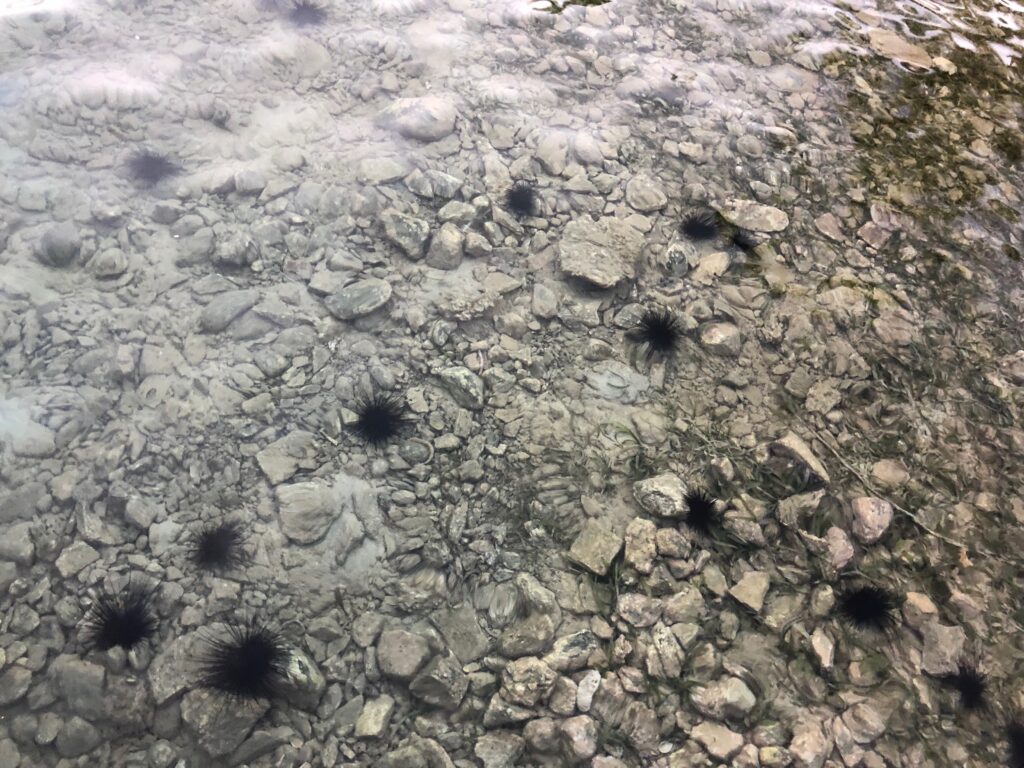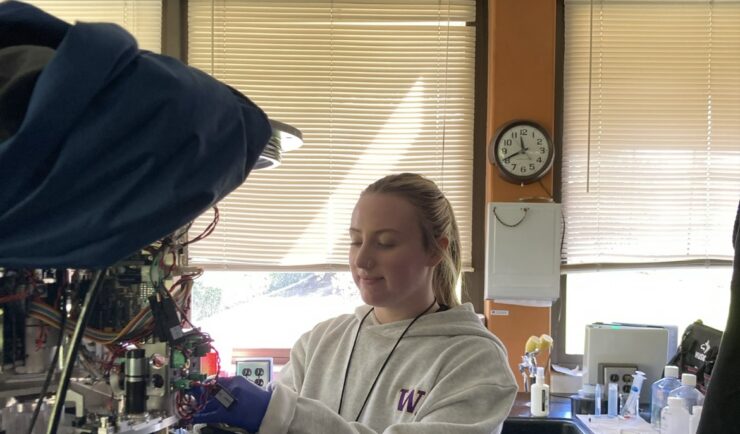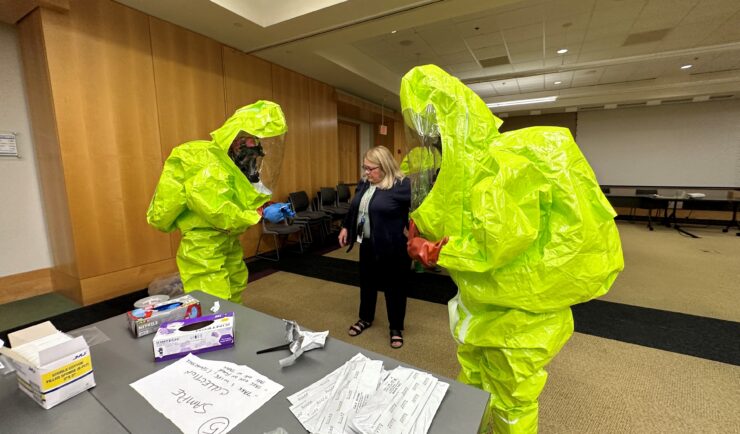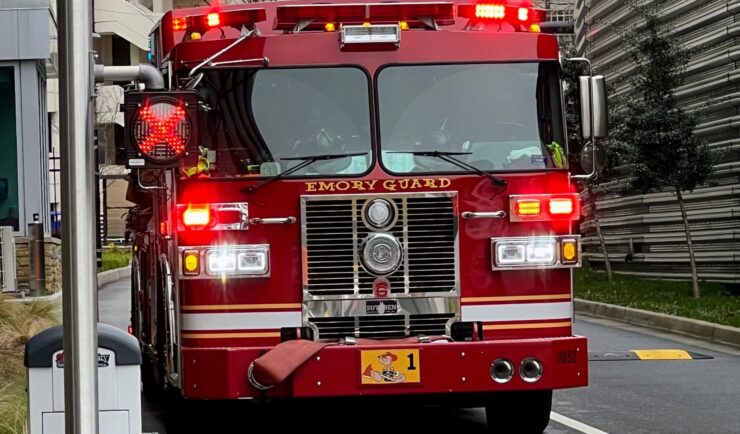

A diver collects a long-spined sea urchin. Credit: Blake Gardner
Our employee owners were recently part of a team of detectives on a mission to discover the killer of long-spined sea urchins, Diadema antillarumy, throughout the Caribbean Sea. The infected urchins lose their spines, leaving them more vulnerable to predation or dying after a few days. In 1983 the same species experienced mass mortality with identical symptoms, but scientists were unable to discover the culprit. Forty years later, the issue resurfaced, and a team of scientists joined forces to unlock the mystery.
CSS employee owners, supporting NOAA’s Coral Reef Conservation Program and NOAA’s Office for Coastal Management, joined a team of scientists in diving to collect urchin samples at 23 sites around the Caribbean Sea. By providing the samples, the researchers were then able to examine and test the urchins and compare them to healthy urchins to determine the cause of the mortality.
Due to this rapid response, scientists determined the cause of the issue within three months
Our staff coauthored this paper documenting the process. https://www.science.org/doi/10.1126/sciadv.adg3200

Researchers examine a long-spined sea urchin. Credit: Leslie Henderson
See More CSS Insights

Monitoring Algal Blooms for Harmful Toxins
CSS employee owners support NOAA’s National Centers for Coastal Ocean Science (NCCOS) Harmful Algal Blooms (HAB) Sensor Development Team in their efforts to detect and monitor these harmful algal blooms in coastal waters where they are likely to occur. HAB monitoring is critical for detecting harmful toxins produced by some algae. When present in over…

Providing Yearly Response Training
CSS scientists supporting the Environmental Protection Agency’s (EPA) Scientific and Technical Assistance for Consequence Management (STACM) contract are experienced in EPA’s emergency response efforts, both natural and manmade. To help EPA staff prepare for these emergency response efforts, CSS staff provide yearly response training. The training includes review of respiratory protection equipment, operation checks, a…

Responding to HazMat Spills
CSS supports several Centers for Disease Control and Prevention (CDC) campuses throughout the U.S. On-site CSS personnel are trained in hazardous material spill response and clean-up and provide this support within buildings and throughout campuses. As part of our contract with the CDC Hazardous Waste Program, CSS hazmat-trained employee owners are responsible for safely collecting,…
